What does Boris’s lockdown announcement mean for theatres, festivals and nightclubs?
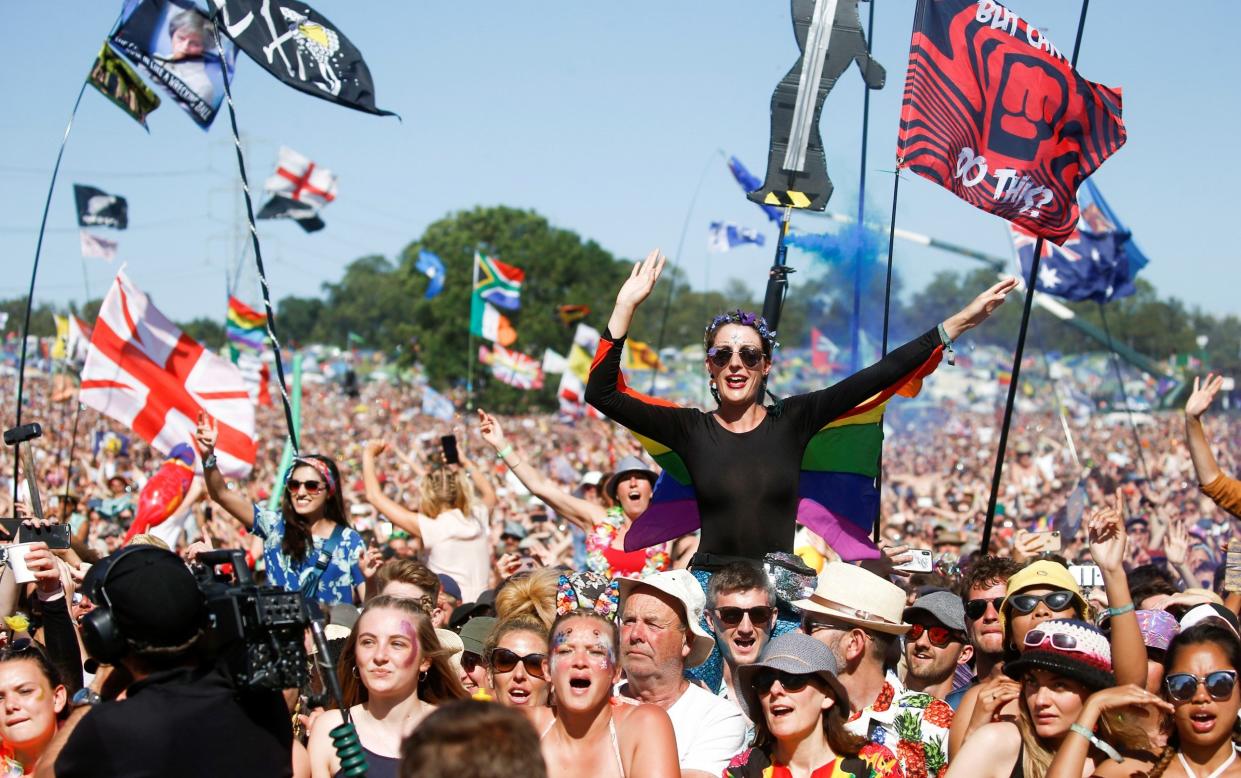
The Prime Minister announced this afternoon that most remaining coronavirus restrictions could be lifted from July 19, emphasising that personal responsibility rather than legislation would become the major determinant of peoples’ behaviour. This is welcome news for the arts industry, which for the past 18 months has been shut down or open in a limited manner, to prevent the spread of infection.
However, Johnson was careful to clarify that the decision on whether or not restrictions will be lifted will not be taken finally until July 12.
So what would the end of restrictions mean for the arts? If the easing goes ahead, in two weeks time all theatres, cinemas, galleries, and concert venues will be able to function at full capacity, without social distancing and face masks will no longer be compulsory. Additionally, live mass events, including music festivals, will be able to go ahead, and the UK’s night clubs, shuttered since March 2020, can finally reopen.
However, some pandemic measures – such as the track and trace system, but exempting the double vaccinated – will still affect arts lovers.
Social distancing inside venues will end
The Government plans to drop the 1m-plus social distancing rule. This means that arts venues can return to functioning at fully capacity. Until now, household bubbles have been separated in theatres, cinemas, and concert halls, often by leaving a proportion of seats empty.
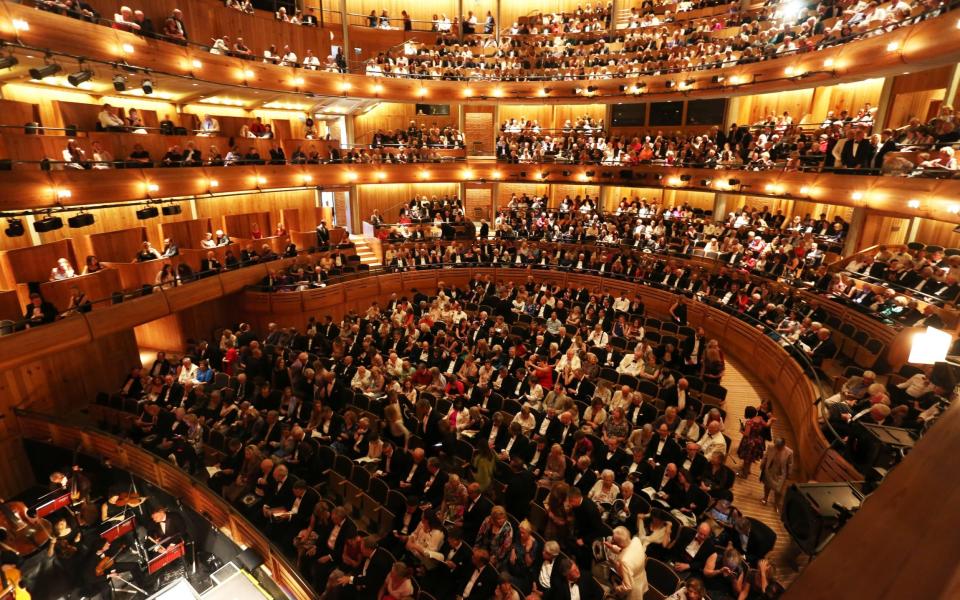
“Is this the moment British theatre has been waiting for? The end of social distancing, and hence return to the prospect of viability after 17 months of closure and curtailed activity? Yes.” writes the Telegraph’s theatre critic Dominic Cavendish.
But he also struck a note of caution: “What’s clear is that audiences are going to be wary about returning in droves unless it’s spelt out by Government that it now is safe for people to attend theatres again. Can it do that when the vaccination programme isn’t complete? The rapid rolling back of restrictions may even put some people off returning.”
Face masks will no longer be compulsory
The compulsory wearing of face masks in public indoor spaces will be lifted. This means theatre-goers, film viewers, and concert attendees can choose not to wear them.
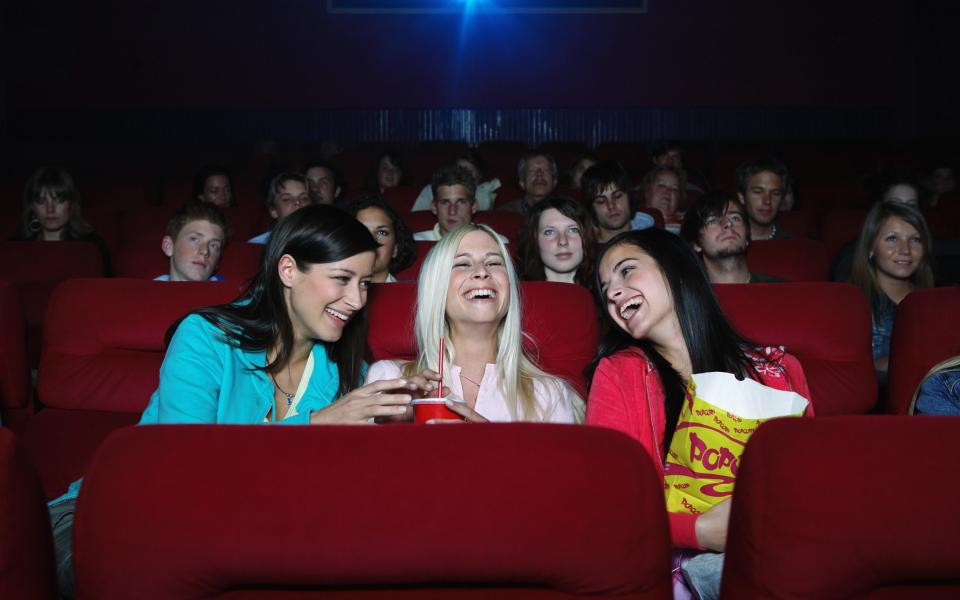
The Telegraph’s film critic Robbie Collin said: “The open secret about masks in cinemas is they’ve effectively been optional for months. Patrons aren’t obliged to wear face coverings while eating or drinking – and a jumbo popcorn will last as long as Lawrence of Arabia if you pace yourself.
“Aside from comfort and a small saving on concessions, I’m looking forward most to those moments of audience connection that come from breathing the same air – the collective laughter, sighs and gasps will be all the more immersive.”
The return of festivals
Mass live events, including music festivals, can return with no capacity restrictions. Previously, indoor performances were limited to 1,000 people, and outdoor to 4,000 (or 10,000 attendees where all attendees are seated).
This means that festivals planning to go ahead in the next few weeks, including Latitude (July 22-25), Reading, and Leeds (both August 27-29), will definitely be able to. However, despite repeated calls from industry figures, the government has yet to announce an insurance scheme to protect festival operators against the risk of pandemic-necessitated cancellations.
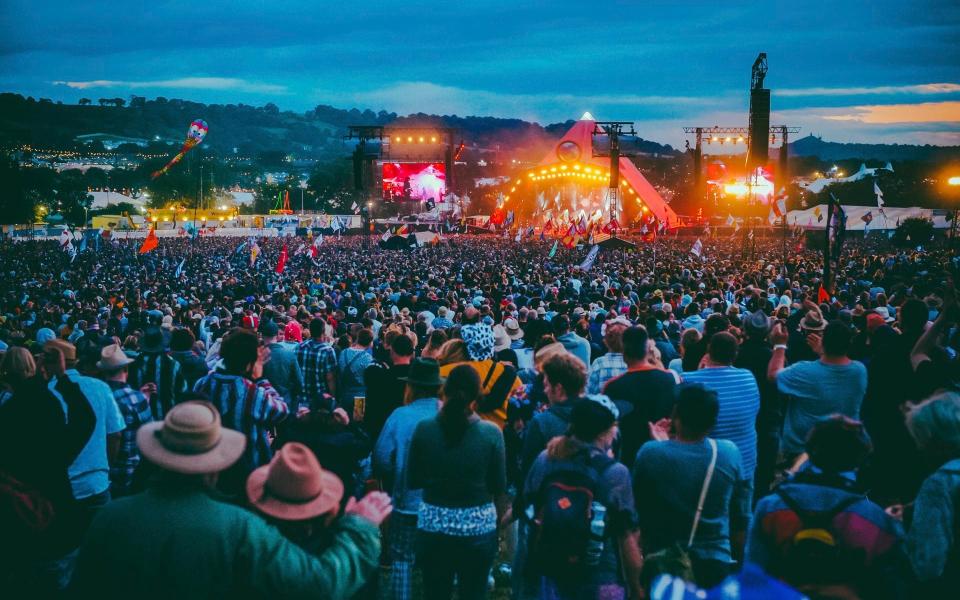
This follows the long-delayed publication of the Government's report on mass pilots last week, which found relatively low levels of Covid-19 among audiences.
“The feeling throughout the industry was that the Government was sitting on the report because it shows that live events are effectively perfectly safe, and would run counter to the Government’s extremely cautious messaging” wrote the Telegraph’s music critic Neil McCormick.
The Telegraph's classical music critic Ivan Hewett said that the news of the return of mass events “will be greeted with joy by fans, musicians and managers. It comes in the nick of time for struggling venues and festivals, which are struggling under huge and ever-growing debts.”
Self-isolation for the double vaccinated will end
Fully vaccinated adults, as well as children, will no longer be required to self-isolate if they come into contact with an infected person, although the Prime Minister did not say whether or not this would be from July 19, in line with the other restriction lifts. In recent weeks, several theatre productions have had to shut down following a single positive test amongst the production staff or cast.
But Dominic Cavendish says the measure will not be enough to protect productions from sudden closures: “A large number of those working in the theatre are young and as yet still unvaccinated, so productions may still find themselves suddenly – and ruinously – hobbled by positive cases and those pesky NHS notifications this summer.”
The return of night life
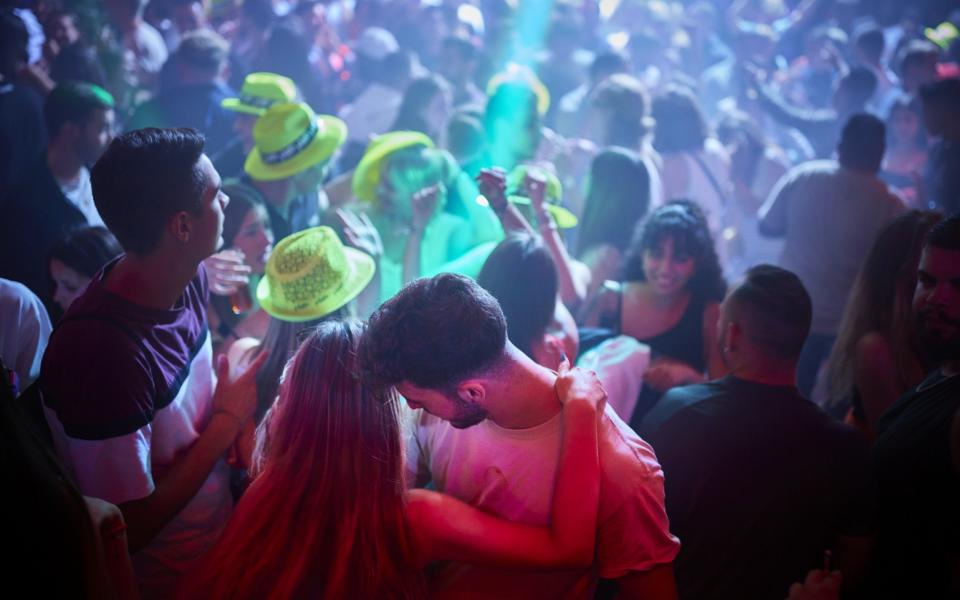
The UK’s night clubs, which have been closed since the start of the pandemic because of the impossibility of social distancing within them, will be able to reopen. Industry representatives have previously told the Telegraph that they were being kept in the dark by the government about when they could return.
Covid status certificates will not come into force
One measure considered by the Government was covid status vaccines, which would have restricted theatre, cinema, and concert audiences to those who could prove they have been vaccinated, had a recent negative test result, or had antibodies. This will not come into force, amid accusations that it unfairly discriminates against the unvaccinated. It may, however, be reconsidered later in the year.
Ivan Hewett says the decision “will be an enormous relief to orchestra and venue managers. They’re keenly aware that younger audiences like to be spontaneous, and nothing would kill spontaneity quicker than a demand to be ‘certified’ first.”

